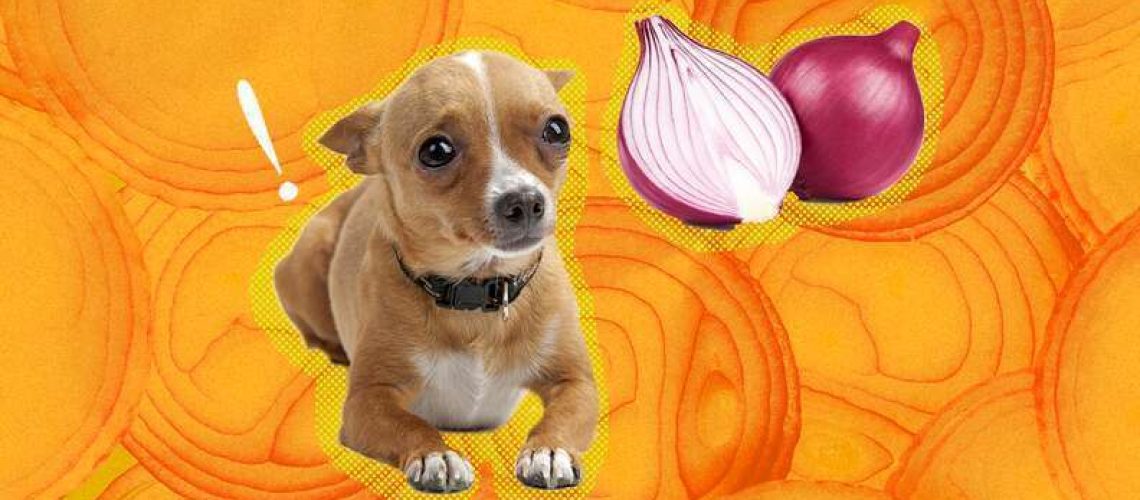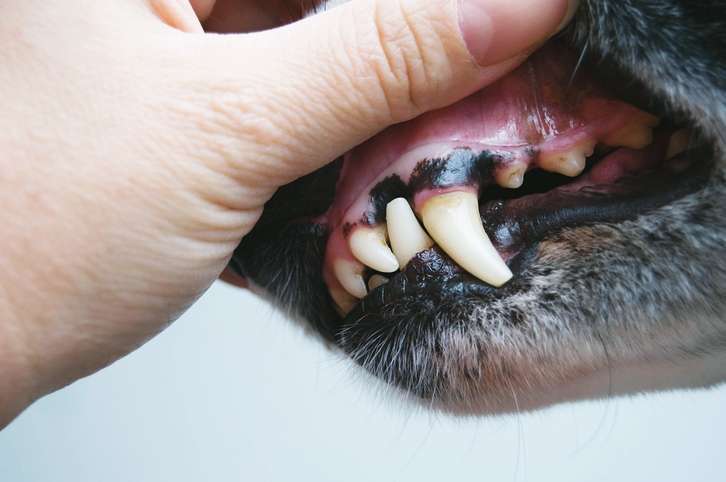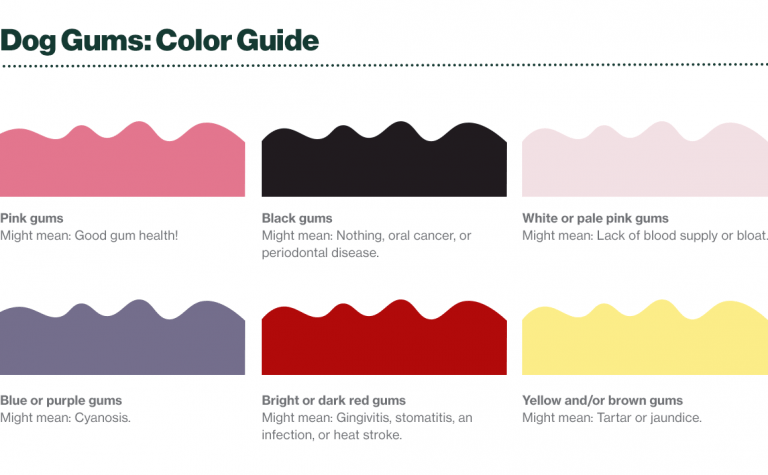Key Takeaways:
- Onions are toxic to dogs and should be avoided in their diet.
- Consuming onions can cause a condition called hemolytic anemia in dogs.
- Symptoms of onion toxicity include vomiting, diarrhea, weakness, and pale gums.
- Even small amounts of onions or onion powder can be harmful to dogs.
- If you suspect your dog has ingested onions, seek immediate veterinary assistance.
Attention all dog lovers! Have you ever wondered if it's safe for your furry friend to munch on onions? Well, get ready to uncover the truth behind this intriguing question. Exploring whether dogs can eat onion not only sheds light on their dietary needs but also ensures their overall well-being. Picture this: by understanding the potential risks and benefits associated with onions, you hold the key to keeping your beloved pet healthy and happy. So, let's dig deeper into this topic and discover everything you need to know about dogs and onions. Get ready to become a canine culinary expert!
What happens if dogs eat onions?
Onions can be very dangerous for dogs to eat. They contain a substance called thiosulphate, which is toxic to dogs. When a dog eats onions, the thiosulphate can cause damage to their red blood cells. This can lead to a condition called hemolytic anemia, where the dog's body is not able to carry enough oxygen to its organs and tissues.
If a dog eats onions, they may start showing symptoms within a few hours or up to several days later. These symptoms can include weakness, lethargy, pale gums, vomiting, diarrhea, and difficulty breathing. In severe cases, it can even be life-threatening.
Why are onions bad for dogs?
Onions are bad for dogs because they contain compounds that are toxic to them. One of these compounds is thiosulphate, which can cause damage to a dog's red blood cells. Another compound found in onions is N-propyl disulfide, which can also be harmful to dogs.
Dogs have a different digestive system than humans and some other animals. They lack certain enzymes that help break down and metabolize the compounds in onions. As a result, these compounds build up in their system and cause damage.
Can onions make dogs sick?
Yes, onions can make dogs sick. As mentioned earlier, the toxic compounds in onions can cause damage to their red blood cells and lead to anemia. This can make them weak and lethargic. Onions can also irritate their digestive system and cause vomiting and diarrhea.
In some cases, eating onions in large quantities or over a long period of time can even lead to more serious health problems for dogs. It's important to keep onions and any foods that contain onions away from your dog to prevent them from getting sick.
Are there any safe amounts of onion for dogs to eat?
No, there are no safe amounts of onion for dogs to eat. Even a small amount of onion can be harmful to them. It's best to avoid feeding your dog any food that contains onions or onion powder.
If you suspect that your dog has eaten onions, it's important to contact your veterinarian right away. They will be able to advise you on the next steps to take and may recommend bringing your dog in for an examination.
How can I tell if my dog has eaten onions?
If you're not sure whether your dog has eaten onions, there are a few signs you can look out for. One common sign is a change in their breath odor. Onions can cause a distinctive smell on a dog's breath.
You may also notice changes in their behavior or appetite. They may become lethargic or refuse to eat. In some cases, they may vomit or have diarrhea. If you notice any of these symptoms, it's important to contact your veterinarian for further guidance.
What symptoms should I look out for if my dog eats onions?
- Weakness and lethargy
- Pale gums
- Vomiting
- Diarrhea
- Difficulty breathing
- Increased heart rate
- Poor appetite
Are there any alternatives to onions that dogs can safely eat?
If you're looking for alternatives to onions that are safe for dogs, there are several options you can consider. Some dog-friendly alternatives to onions include:
- Garlic powder: While fresh garlic can also be toxic to dogs, small amounts of garlic powder can be used as a safe alternative to add flavor to their food.
- Parsley: This herb can be sprinkled on your dog's food to give it a bit of flavor without any harmful effects.
- Carrots: Cooked or raw carrots are a healthy and safe option for dogs. They can provide a similar crunch and texture as onions without the harmful compounds.
- Green beans: These can be given as a snack or added to your dog's meals. They are low in calories and safe for dogs to eat.
It's always important to introduce new foods gradually and in small amounts to ensure that your dog tolerates them well. If you have any concerns about specific foods, it's best to consult with your veterinarian before giving them to your dog.
Can onions make dogs sick?
Understanding the danger of onions for dogs
Onions may seem harmless to us, but they can actually be toxic to our furry friends. Dogs have a different metabolism compared to humans, and certain substances in onions can cause damage to their red blood cells. The main culprit is a compound called N-propyl disulfide, which can lead to a condition known as hemolytic anemia in dogs. This means that the red blood cells are destroyed faster than they can be replaced, resulting in a range of health issues.
How do onions affect dogs?
When a dog ingests onions, it triggers the release of toxic compounds into their bloodstream. These compounds attack the dog's red blood cells, causing them to rupture and leading to anemia. The severity of the symptoms depends on the amount of onion consumed and the size of the dog. Even small amounts of onion can be harmful, especially if your dog is smaller or has pre-existing health conditions.
It's important to note that all forms of onions, whether raw, cooked, or powdered, can pose a risk to dogs. So it's best to keep any food containing onions away from your furry friend's reach.
Are there any safe amounts of onion for dogs to eat?
Avoiding onion consumption altogether
When it comes to onions and dogs, it's better to err on the side of caution and avoid any consumption altogether. Unlike some human foods that may have safe limits for pets, even small amounts of onion can potentially harm your dog's health. It's not worth taking any chances when it comes to their well-being.
While some sources suggest that very small quantities may not cause immediate harm in larger dogs, there is no definitive safe threshold established for onion consumption in dogs. Therefore, it's best to play it safe and keep onions out of your dog's diet entirely.
How can I tell if my dog has eaten onions?
Recognizing the signs of onion ingestion
If you suspect that your dog may have consumed onions, it's important to be vigilant for any potential symptoms. However, keep in mind that the signs may not appear immediately after ingestion and can vary depending on the amount of onion consumed.
Some common symptoms to watch out for include gastrointestinal issues like vomiting, diarrhea, and loss of appetite. Your dog may also show signs of weakness, lethargy, pale gums, or increased heart rate. If you notice any unusual behavior or suspect onion ingestion, it's crucial to seek veterinary assistance promptly.
What should I do if my dog has eaten onions?
If you suspect or know that your dog has ingested onions, don't hesitate to contact your veterinarian immediately. They will be able to provide guidance based on your specific situation and advise on the necessary steps to ensure your dog's well-being. Remember, early intervention is key when it comes to mitigating the potential harm caused by onion consumption.
What symptoms should I look out for if my dog eats onions?
Identifying the effects of onion toxicity
Onion toxicity in dogs can manifest in various ways. The severity of the symptoms depends on factors such as the amount of onion ingested and the size of the dog. It's essential to be aware of these signs so that you can take appropriate action if needed.
Some common symptoms associated with onion toxicity include weakness, pale gums, rapid breathing or panting, dark-colored urine, and jaundice (yellowing of the skin or eyes). In severe cases, dogs may experience collapse or even go into a coma. If you observe any of these symptoms or suspect onion ingestion, it's crucial to seek veterinary care immediately.
Are there any alternatives to onions that dogs can safely eat?
Exploring dog-friendly alternatives
While onions are off-limits for dogs, there are plenty of safe and healthy alternatives that you can incorporate into their diet. These alternatives not only add flavor but also provide nutritional benefits without the risk of toxicity.
Some dog-friendly options include carrots, peas, green beans, and sweet potatoes. These vegetables can be cooked or served raw (depending on your dog's preferences) as a tasty and safe addition to their meals. Just remember to introduce new foods gradually and in moderation to avoid any digestive issues.
Additionally, herbs like parsley or basil can be used to enhance the taste of your dog's food without posing any harm. Always consult with your veterinarian before introducing new foods into your dog's diet to ensure they are suitable for their specific needs.
By being aware of the potential dangers of onions for dogs and making informed choices about their diet, you can help keep your furry friend happy and healthy. Remember, prevention is key when it comes to protecting our beloved pets from harmful substances like onions.
In conclusion, it is not safe for dogs to eat onions. Onions can be toxic to dogs and may cause serious health problems. It's best to keep onions away from our furry friends to keep them healthy and happy.
What are the symptoms of onion poisoning in dogs?
Gastrointestinal issues are frequently experienced, which may include symptoms like loss of appetite, vomiting, diarrhea, sadness, stomach pain, and excessive salivation. Consuming excessive quantities can lead to damage to red blood cells, resulting in weakness, increased heart rate, elevated breathing rate, heavy breathing, pale gums, or urine that is red in color.
Is fresh garlic toxic to dogs?
Garlic is harmful to dogs, whether it is consumed raw or cooked. If a dog ingests a sufficient amount of garlic without receiving proper medical treatment, it can be fatal. Garlic, along with onions and leeks, belongs to the Allium genus of plants. While dogs are not allergic to plants in this genus, these plants contain N-propyl disulfides and thiosulfates.
How much garlic is toxic to dogs?
Research has shown that a dog would need to consume about 15 to 30 grams of garlic per kilogram of body weight in order for it to have harmful effects on their blood. To give you an idea, an average clove of garlic from the supermarket weighs between 3 and 7 grams, so your dog would need to eat a significant amount to become seriously ill.
Why can't dogs eat grapes?
Consuming grapes can cause kidney damage and potentially lead to kidney failure and death. The exact toxic substance in grapes is still unidentified, but dogs are unable to process tannins, flavonoids, and monosaccharides from grapes, which could be the main cause of grape toxicity in dogs.
Will a little bit of onion hurt my dog?
Eating just one medium-to-large onion, which is about 100 grams, is enough to cause toxic effects in a 45-pound dog. This is because the toxic levels of onions are reached with only 100 grams per every 20 kilograms of the dog's weight.
Will a small amount of onion hurt my dog?
Based on The American Kennel Club, even a small amount of onion can have toxic effects on a small dog, with 100g of onion per 20kg of a dog's weight being potentially deadly. To ensure safety, it is advised to avoid feeding any amount of onion to dogs.

















